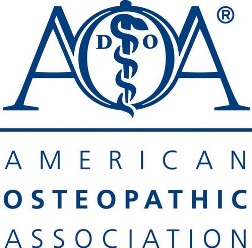
Loneliness
Image: thestreet.com
As owner and CEO of the Roman Medical Group, Dr. Charles Roman provides both preventive and clinical treatment for numerous medical conditions. As part of his continuing education in the field, Dr. Charles Roman is an active member of several professional organizations, such as the American Osteopathic Association.
In conjunction with the American Osteopathic Association, the Harris Poll recently surveyed just over 2,000 adults in the United States about loneliness. The results of their poll found that nearly three-quarters of them say they have felt lonely, and 31 percent of those surveyed saying that have lonely feelings on a weekly basis.
According to osteopathic doctors, loneliness can be a contributing element to many health problems, such as drug abuse, depression, and chronic pain.
Jennifer Caudle, DO, is the assistant professor of family medicine at Rowan University School of Osteopathic Medicine, and she suggests that individuals who are lonely may need to scale back their use of social media in favor of more face-to-face interactions in order to combat feelings of isolation.


You must be logged in to post a comment.